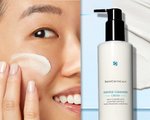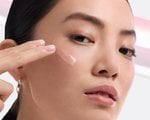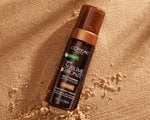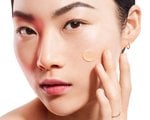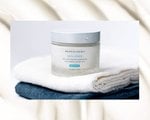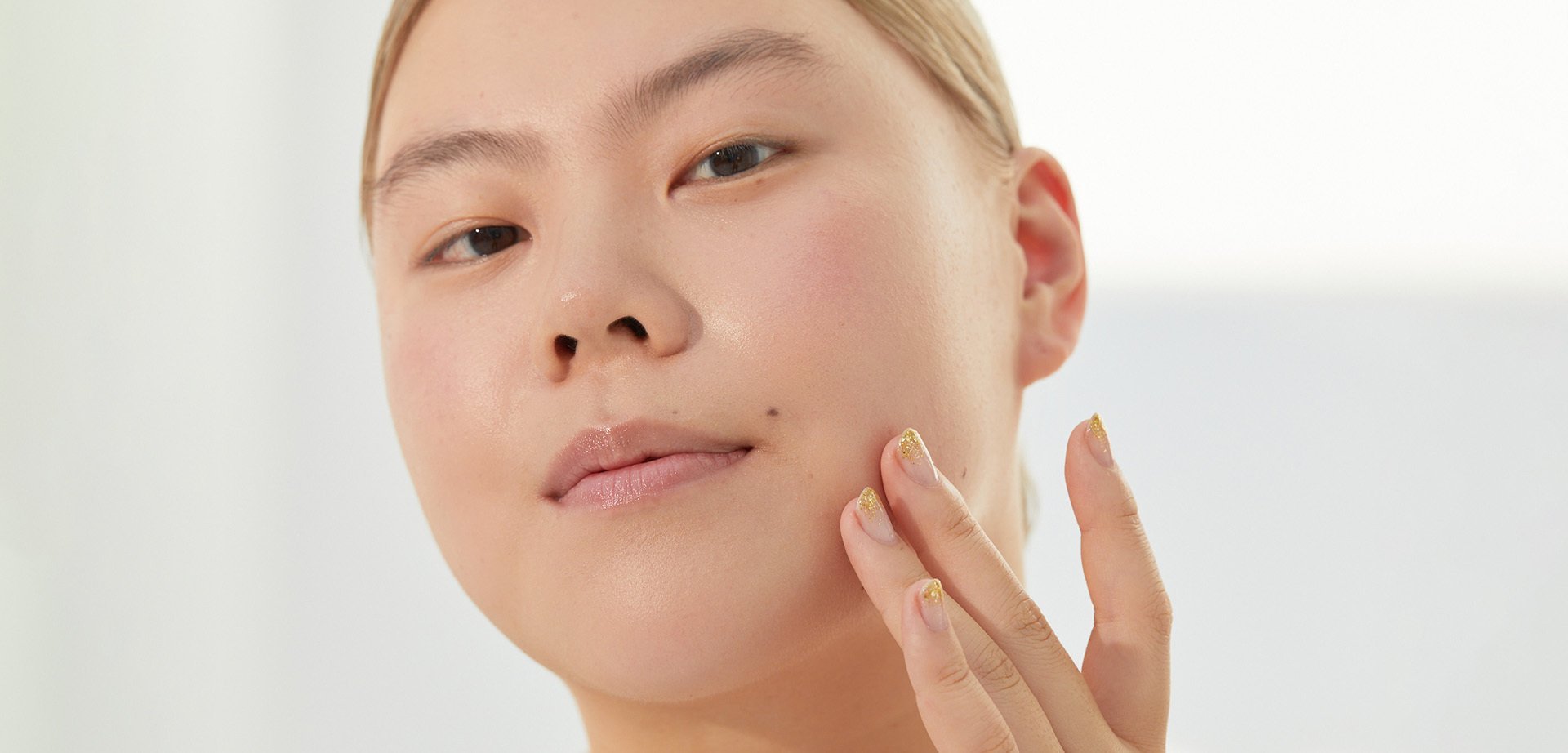Face Masks for Every Skin Type
January 09, 2024.jpg?cx=0.5&cy=0.5&cw=705&ch=470&blr=False&hash=E908DFBCC769077BCDD78BC6D5223D4A)
Face masks for oily skin
For oily skin, clay masks are a great option as they help to absorb excess oil and impurities. Salicylic acid masks can also be beneficial for oily skin, as they help to unclog pores and reduce inflammation. Aloe vera masks can help to soothe and hydrate oily skin, while tea tree oil masks can help to reduce inflammation and kill bacteria. When picking a face mask for oily skin, you gotta think about what's in it and how it'll affect your skin. Some ingredients, like alcohol, can dry out your skin and make it even oilier. Don't go for masks that are too rough, 'cause that can hurt your skin and make it produce more oil.
Face masks can be a great way to improve the health of your oily skin. By choosing the right mask and using it correctly, you can help to reduce oiliness, unclog pores, and improve your skin's overall appearance.
La Roche Posay Effaclar Shine Control Clay Mask

Face masks for dry skin
When selecting a face mask for dry skin, opt for those enriched with hydrating and nourishing ingredients like hyaluronic acid, glycerin, and ceramides. Steer clear of masks containing harsh substances, as these can exacerbate dryness.
Here are some additional tips to keep in mind when using face masks on dry skin:
* Limit usage to once or twice a week to prevent over-drying.
* Avoid masks with harsh or abrasive textures, as they may irritate the skin.
* For those with sensitive skin, conduct a patch test before full application.
* Discontinue use and rinse your face immediately if you experience any irritation or redness.
By incorporating, you can effectively utilize face masks to hydrate and nourish your dry skin, revealing a soft, smooth, and healthy complexion.
Kiehl's Avocado Nourishing Hydration Mask

Face masks for acne-prone skin
A mask can help to clear up blemishes, reduce inflammation, and prevent future breakouts. The key ingredients to look for in a mask for acne-prone skin are salicylic acid, benzoyl peroxide, sulfur, and tea tree oil. These ingredients help to unclog pores, reduce inflammation, and kill bacteria that can cause acne.
Salicylic acid is a beta-hydroxy acid (BHA) that helps to exfoliate the skin and remove dead skin cells. It can also help to unclog pores and reduce inflammation. Benzoyl peroxide is an antibacterial agent that kills bacteria that can cause acne. Sulfur is a natural element that helps to absorb excess oil and reduce inflammation. Tea tree oil is an essential oil that has antibacterial and anti-inflammatory properties.
When choosing a face mask for acne-prone skin, it is important to choose one that is gentle and non-abrasive. Avoid masks that contain harsh ingredients, such as alcohol or scrubs, as these can irritate the skin and make acne worse. It is also important to use a face mask only once or twice a week to avoid over-drying the skin.
By using a face mask that is specifically designed for acne-prone skin, you can help to clear up blemishes, reduce inflammation, and prevent future breakouts.
Lancôme Rose Sorbet Cyro-Mask with Salicylic Acid

Face masks for sensitive skin
Requires a gentle touch. The skin can be easily irritated, so it's important to choose a mask that is fragrance-free, hypoallergenic, and non-comedogenic. Sensitive Skin should opt for masks that contain soothing and calming ingredients such as aloe vera, chamomile, or oatmeal. These ingredients help to reduce inflammation and redness, while also providing hydration. Another great option is a mask made with honey, which has antibacterial and anti-inflammatory properties.
Here are some additional tips for using face masks on sensitive skin:
* Limit use to once or twice a week to avoid over-drying.
* Avoid leaving the mask on for longer than the recommended time.
* Rinse the mask off with lukewarm water and pat your face dry.
* Apply a moisturizer afterward to help seal in hydration.
Garnier Brightening Serum Mask with Vitamin C + Pineapple

Who needs a facelift when you've got a face mask? These magical little sheets have the power to transform your skin, erasing wrinkles and fine lines with a flick of their cellular turnover wand. Say goodbye to saggy skin and hello to a firm, youthful glow. Move over, Benjamin Button; we've got our own secret to eternal youth. By following these tips, you can enjoy the benefits of face masks without irritating your sensitive skin.
Recommended Articles:
17 Best Gentle Exfoliating Products For Sensitive Skin
Our Favorite Exfoliating Facial Cleansers for Smooth, Radiant Skin
How to Combine Vitamin C, Retinol and Hyaluronic Acid in Your Skincare Routine
